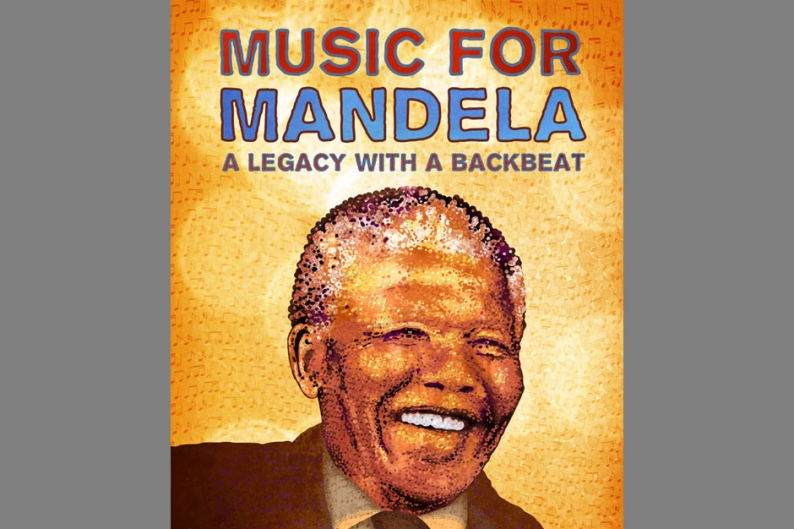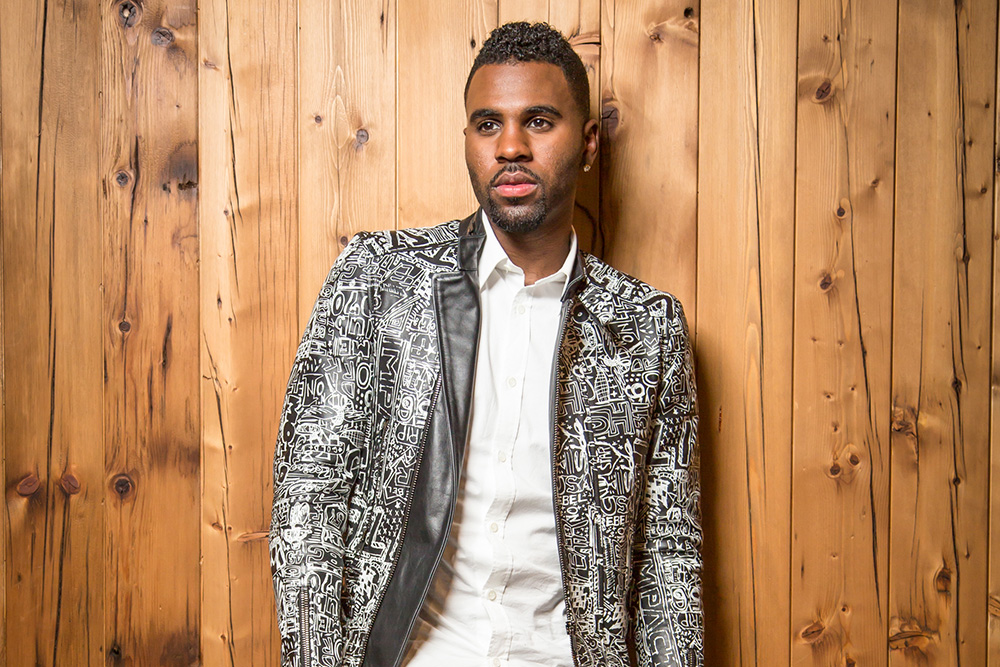When Jason Bourque began work on his upcoming documentary Music for Mandela, he envisioned the project as a “tribute to our greatest living icon,” he says. “At no point do I want it to come across like this was made specifically for him passing away.”
Instead, the Vancouver-based director wanted to explore the intrinsic link between music and Nelson Mandela’s struggle against apartheid: The iconic political figure’s message of equality was bolstered and spread by artists who circumvented an oppressive government to raise awareness about political and social injustice in South Africa. When we spoke to Bourque about the film, Mandela, who passed away Thursday afternoon, was in severely ill health after a lung infection; here are excerpts from our conversation.
How significant was music to Nelson Mandela and his movement?
Nelson Mandela used music politically and personally, especially on Robben Island. We have an interview with Eddie Daniels, who was Mandela’s best friend [and fellow political prisoner], and it had to do with the idea of using music to raise the spirits and how the prisoners would actually throw Christmas concerts every year.
Music was also used on Robben Island subversively. They would sing these folk songs while working on the lime quarry, which was great for smashing the rocks and getting the rhythm going at the same time. “Shosholoza” was one of the workers’ folk songs, which Mandela compared to the apartheid struggle. So, they’re uplifting the spirits, but at the same time, it’s like Mandela was giving the finger to the establishment without them knowing.
While he was on Robben Island, his image was banned. Because of that, the government did their best to basically stamp out his existence. And the only thing that kept him alive for the people of South Africa happened to be music and these folk songs, many of which they would sing behind closed doors. And all these international musicians were catching onto it, of course, leading to the Special A.K.A. and the “Free Nelson Mandela” song, which gained a lot of momentum. Even though it was banned in South Africa, it worked its way through the charts in Britain.
What kind of effect did international musicians have on Mandela’s cause?
What was incredible about the music industry in South Africa was that you had this control board that was trying to stifle any kind of music that was coming in, anything that had to do with Mandela, anything to do with freedom. So, you’d have Stevie Wonder singing a “Happy Birthday” song to Mandela, which was promptly banned. Between 400 and 500 albums and recordings were also banned, [including] music from exiled South African artists. [The government] would try to muzzle Hugh Masekela, Jonas Gwangwa — one of the greatest jazz musicians. They would have to come to North America in order to record. You also had these cultural ambassadors like the Amandla Cultural Ensemble that would basically get out there spreading the word as to the state of the South African people, and they would take that globally. That helped gain a lot of momentum leading up to the big Wembley Stadium concert [in England in 1988].
It seemed like World War II, because you’d have all these cassettes that were being smuggled into South Africa, and at the same time you’d have Radio Freedom that was being beamed in, which the South African government was trying to find and shut down, these exiled musicians — literally, it was like a war going on. And the freedom songs, many of which were about Mandela, were being used as recruitment to bring people into the movement and help keep up the fight.
Speaking of the Wembley Stadium concert, which celebrated Mandela’s 70th birthday while he was still in prison, what impact did that event have on awareness surrounding Mandela?
I was one of the 600 million people who watched it back in 1988. [The show] had everyone that I was listening to at the time, like Dire Straits, Sting, Peter Gabriel, and Simple Minds. I was watching this concert because I loved these musicians, and again, this very simple message that was spreading throughout the globe hit me. It left an indelible mark on me. It still affects me in that even today when I think of my passion for Mandela, it stems back to seeing that on television back when I was 16.
When we look back at the biggest successes of pop-cultural events, I think that’s probably the highlight. I think a lot of that is because “Free Mandela” was such a simple message. Without a doubt it raised the global consciousness. A lot of people at that point didn’t even know who Nelson Mandela was. And there were countries that still had him labeled as a terrorist.
What kind of music does Mandela personally enjoy?
Ladysmith Black Mambazo was Mandela’s favorite band. He was a huge jazz fan. Leading up to his incarceration he was well known on the jazz scene, from what I uncovered in some interviews.
You wanted this project to be a tribute to our greatest living icon. How will you feel when he’s passed?
He had an incredible life and he left an indelible mark on humanity, and I do believe he is one of our greatest icons. And all of us can appreciate the journey he went on and the simple themes of hope and perseverance. We all look up to him, and there aren’t too many people that have had that type of impact.
More on Nelson Mandela:
Nelson Mandela R.I.P. (1918-2013)
Nelson Mandela’s Death: Twitter Reacts
Barack Obama: ‘Nelson Mandela Bent the Arc of the Moral Universe’





